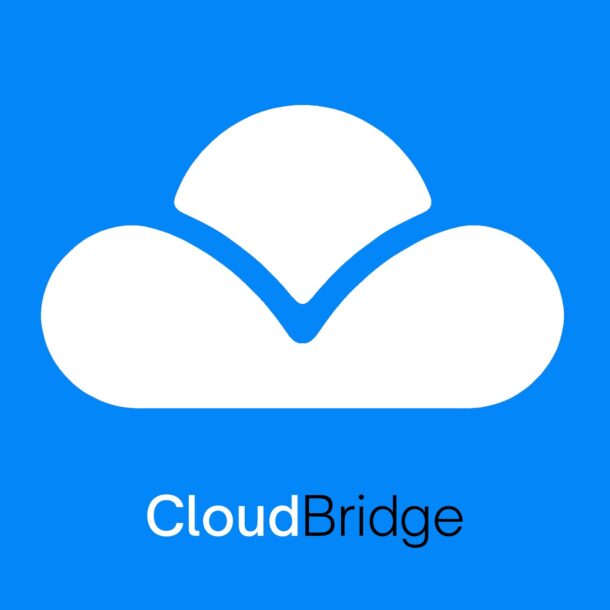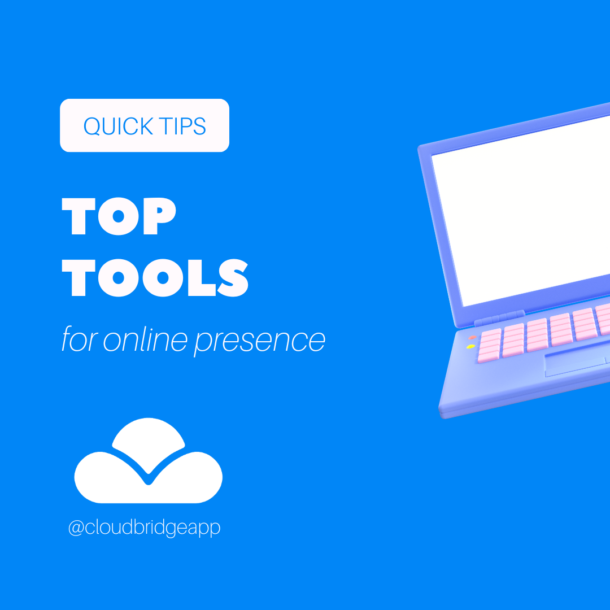Entrepreneur
· Productivity
· SaaS
· Workflow
Top 10 SaaS Tips for Customer Relationship Management
Hai Dinh
April 14, 2023Customer relationship management (CRM) is an essential aspect of any successful business. As businesses grow and expand, it can become increasingly challenging to keep track of customer interactions and manage customer data efficiently. That’s where SaaS comes in. SaaS (Software as a Service) tools are specifically designed to help businesses streamline their CRM processes and improve customer engagement. In this article, we’ll be sharing the top 10 SaaS tips for customer relationship management.
Choose the Right CRM Tool
The first step to successful CRM with SaaS is selecting the right tool. The market is flooded with CRM software, so it’s essential to choose a tool that aligns with your business needs. It’s recommended to research different SaaS options, compare features, and read customer reviews before settling on a tool.
Utilize Contact Management Features
One of the main advantages of SaaS tools for CRM is that they provide contact management features. These features help businesses organize customer data in a centralized location, enabling teams to manage interactions more efficiently. Contact management features include lead scoring, lead tracking, and customer segmentation.
Automate Your Sales Process
SaaS tools offer automation capabilities that can significantly reduce the workload of your sales team. Automation features include lead nurturing, lead scoring, and lead tracking. These features enable businesses to manage customer interactions more efficiently, reduce response times, and close deals faster.
Leverage Data Analytics
Data analytics is an integral part of CRM, and SaaS tools offer advanced analytics capabilities that can provide valuable insights into customer behavior. These insights can help businesses identify patterns and trends, which can then be used to optimize marketing campaigns and improve customer engagement.
Personalize Your Communications
Personalized communication is essential for building lasting customer relationships. SaaS tools provide businesses with the ability to send personalized emails, track customer interactions, and tailor marketing campaigns to specific customer segments.
Use Social Media to Your Advantage
Social media platforms provide businesses with a wealth of customer data that can be used to improve customer engagement. SaaS tools offer social media management features that enable businesses to track customer interactions and sentiment across different social media platforms.
Offer Self-Service Options
SaaS tools provide businesses with the ability to offer self-service options to customers. Self-service options include knowledge bases, FAQs, and chatbots. These features can significantly improve customer satisfaction by providing quick and easy solutions to common problems.
Provide Multi-Channel Support
In today’s digital age, customers expect businesses to offer support across multiple channels. SaaS tools provide businesses with the ability to offer support via email, phone, chat, and social media platforms.
Collaborate with Your Team
SaaS tools provide businesses with collaboration features that can significantly improve team communication and productivity. These features include shared calendars, task management, and file sharing.
Monitor and Measure Results
The final SaaS tip for successful CRM is to monitor and measure your results continually. SaaS tools offer reporting and analytics features that enable businesses to track the success of their CRM efforts continually. These insights can then be used to optimize marketing campaigns and improve customer engagement.
Ultimately, SaaS tools offer businesses a wide range of benefits for customer relationship management. By following these top 10 SaaS tips, businesses can streamline their CRM processes, improve customer engagement, and ultimately drive growth and success.
Related Articles





